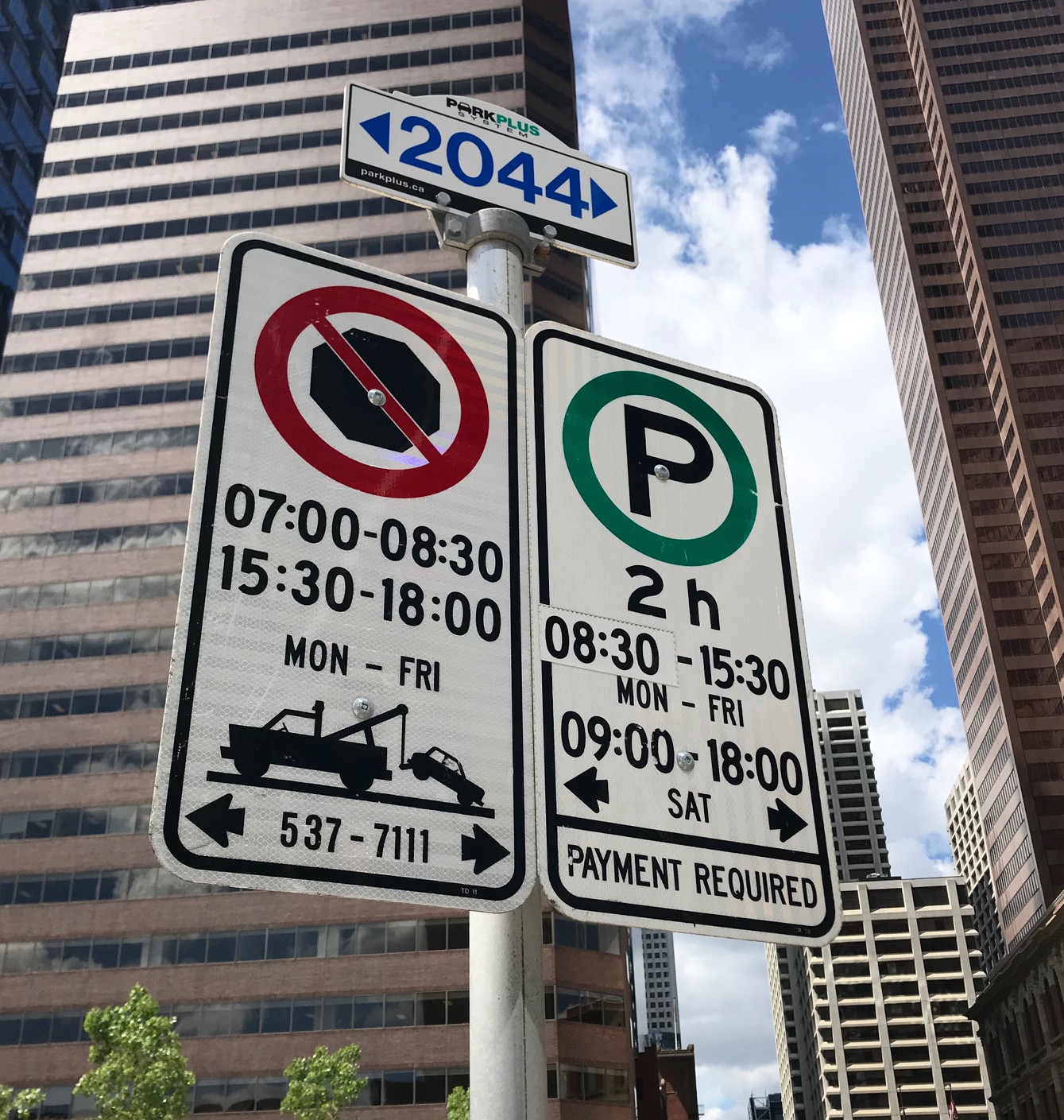Building a Curb Rules Map
Curbs have become the next public infrastructure digitizing opportunity. In this post, I discuss the process of creating my own curb map and rules API using on–street parking rules data and SharedStreets draft CurbLR spec.
It’s amazing how quickly the curb became a public infrastructure mapping and digitizing focus. And it stands to reason why would it. Ridesharing and autonomous driving companies are often cited as one of the biggest motivators in digitizing curb space. Improved efficiency in drop offs and pickups dictated by available curb space not only improves productivity and customer experience but also keeps private companies on the good side of cities (and the parking authority). Mapping curb rules may also help us improve traffic, mobility and productivity in cities. An analysis of various parking ‘cruising’ studies by Donald Shoup concluded that on average around 30% of road traffic could be attributed to people finding a place to park on the street. Another study in Washington DC revealed that the City was losing approximately $650 million a year because of the lack of loading zones for delivery trucks. Trucks were double parking in passenger vehicle locations or just in the middle of the street.
Organisations utilisatrices ou intéressées pour utiliser la ressource : Le centre d’excellence des communs technologiques pour la mobilité
Contributeur(s) :
Tags : stationnement, trottoir, curb space
Catégories : Connaissance
Thème : Open Street Map OSM, Données ouvertes, Logiciel Libre, Stationnement, Centre Excellence Québec
Référent :
Défi auquel répond la ressource : Accompagner une collectivité à ouvrir un maximum de ressources et construire un kit d'aide à l'innovation
Personnes clés à solliciter :
Autre commun proche : CurbLR
Richesse recherchée :
Compétences recherchées :
Communauté d'intérêt : Communauté du Stationnement de du curbspace, Communauté des Territoires et Collectivités
Type de licence :
Conditions Générales d’Utilisation (CGU) :
Niveau de développement : POC et 1er client
Lien vers l’outil de gestion des actions :
Lien vers l’outil de partage de fichiers :
Besoins :
Prochaines étapes :
Documentation des expérimentations :
Autres informations
Liste des acteurs qui utilisent ou souhaitent utiliser ce commun : aucun pour le moment
Liste des CR d’atelier en lien avec ce commun :

 Français
Français English
English Italiano
Italiano